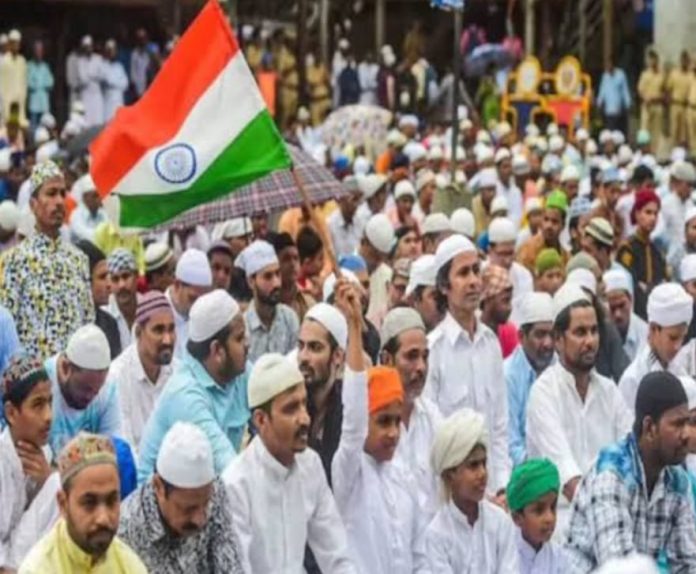– Shabana Javed
Kolkata: The Constitution guarantees equal opportunities and social justice for all citizens while allowing special provisions, such as reservations, to uplift deprived groups and achieve equality. However, attempts to extend reservations to Muslims under social justice scheme frequently encounter resistance from the various groups. The Indra Sawhney vs. Union of India case is often cited to argue that reservations cannot be granted on religious grounds.
In May 2024, the Calcutta High Court invalidated the OBC status of 77 communities and annulled OBC certificates issued to them after 2010. The West Bengal government has since appealed this decision to the Supreme Court, which has postponed hearings originally scheduled for January 28 and 29.
On May 22, 2024, a division bench comprising Justice Tapobrata Chakraborty and Justice Rajasekhar Mantha of Calcutta HC issued a verdict on the cancellation of these OBC certificates. While certificates issued before 2010 remain valid, those issued between 2011 and 2024 were cancelled, affecting lakhs of beneficiaries. The court ruled that the certificates issued post-2010 did not comply with established legal procedures. However, the cancellation did not impact individuals already employed, as the HC clarified that their jobs would remain secure.
Reservations for SCs and STs are constitutionally mandated to address caste-based discrimination. Similarly, reservations for BCs were introduced following the Mandal Commission’s recommendations in 1992. The 93rd Constitutional Amendment enabled a 27% reservation for OBCs. In the Indra Sawhney judgment, the court emphasised that reservations must be based on caste-based backwardness, not religion. Nonetheless, Articles 15(4) and 16(4) allow for reservations for socially and educationally backward religious minorities, enabling sub-quotas for Muslims within the OBC category.
The Calcutta HC invalidated several orders issued by the West Bengal government between 2010 and 2012 that granted OBC status to 77 communities, 75 of which were Muslim. The court deemed these reservations unconstitutional, as they were allegedly based on religion, and invalidated parts of the 2012 West Bengal Backward Classes (Other than SCs and STs) Reservation of Vacancies and Posts Act due to procedural and empirical deficiencies.
The court also dismissed the Sachar Committee findings, which highlighted the socio-economic backwardness of Muslims, arguing that its 2006 data was outdated by 2010. It questioned claims of social inequality among Muslims and argued that such reservations could stigmatise the community. The Sachar Committee had reported that Muslims in West Bengal faced socio-economic conditions worse than Dalits, with minimal representation in government and education. While the committee lacked constitutional authority, its findings informed the Justice Ranganath Misra Commission’s recommendation for Muslim reservations.
The West Bengal government claims its decision to grant reservations to 77 Muslim communities was based on socio-economic data, but delays in the Supreme Court’s resolution have exacerbated the situation. Many students admitted to higher education institutions and job seekers under this reservation now face uncertainty and potential deprivation.




